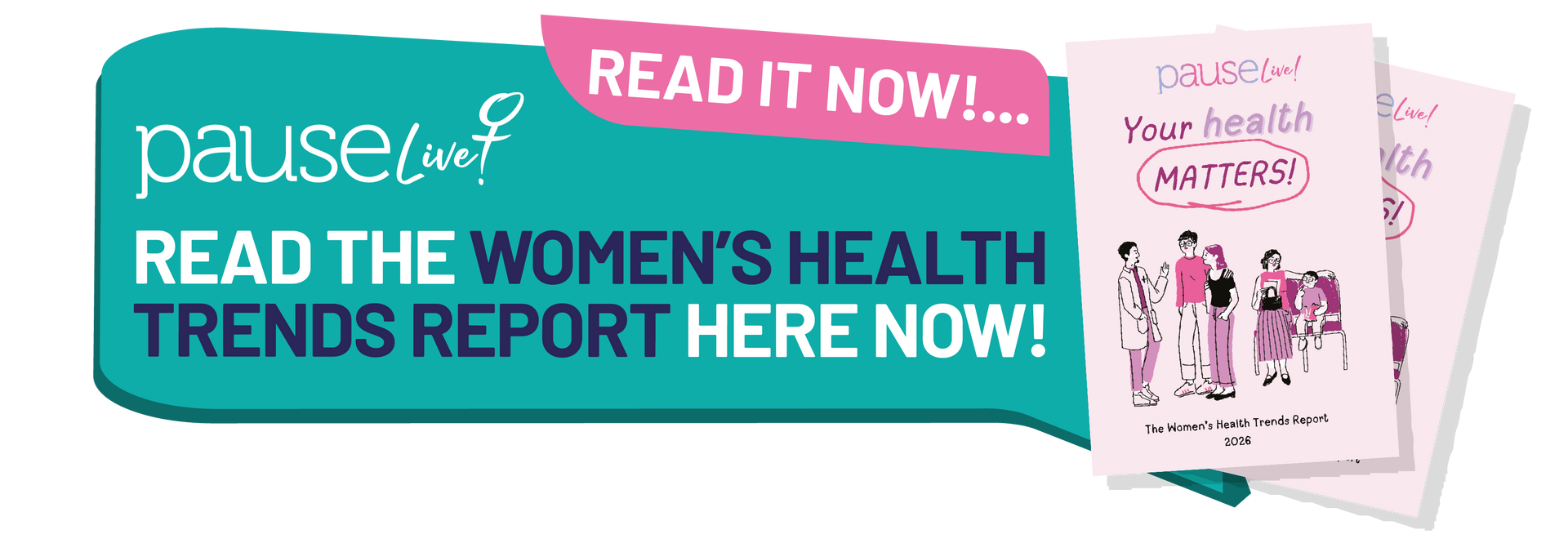MANAGING MENOPAUSE SYMPTOMS
Memory & Cognitive Changes During Menopause
Many women experience memory lapses, concentration difficulties, verbal retrieval problems, and a general slowing of thought—commonly referred to as “brain fog.” These cognitive symptoms often emerge during perimenopause due to declining oestrogen levels, disrupted sleep, stress, and metabolic shifts affecting brain function. Although distressing, these changes are usually temporary, with improvement often occurring post-menopause.
Common Symptoms
- Forgetting names, misplacing items, losing words mid-sentence
- Poor concentration or difficulty multi-tasking
- Slower information processing or decision-making
- Mental fatigue despite no objective impairment
- Many women also report peaks in memory issues when sleep is poor or mood is low
Approximately two-thirds of perimenopausal women experience cognitive complaints, with around 40–50% reporting memory or concentration difficulties impactful at work.
Why This Happens
- Hormonal Influence
Oestrogen supports memory, attention, and neuronal energy. Its decline during menopause can impair these cognitive domains. - Disrupted Sleep & Hot Flushes
Night sweats and insomnia interfere with restorative sleep, undermining memory consolidation and focus. - Mood and Stress
Depression, anxiety, and elevated cortisol—often exacerbated during menopause—can impair cognitive clarity. - Vascular or Metabolic Factors
Inflammation, high blood pressure, diabetes, and other cardiovascular issues can worsen cognitive symptoms.
Management Strategies
Lifestyle & Dietary Approaches
- Follow a brain‑supportive diet: Mediterranean-style eating rich in omega‑3s, leafy greens, colourful fruits, legumes and whole grains supports brain health and reduces inflammation.
- Exercise regularly: Brisk walking, resistance training, yoga or dance lift mood, improve circulation, and enhance cognition. Journaling by Jo Whiley noted strength training significantly eased her brain fog symptoms.
- Sleep hygiene and stress management: Keeping a regular bedtime, reducing screen-use before sleep, and practising mindfulness or breathwork can improve memory.
- Brain stimulation: Use planners, lists, reminders, and brain tasks such as crosswords or learning new skills to support mental sharpness.
Medical Treatments
- Hormone Replacement Therapy (HRT):
Initiating HRT during perimenopause or early menopause may help support memory and cognitive function, particularly when started within a few years of menopause. However, starting HRT later—especially after age 65—offers no proven benefit for dementia prevention and may carry increased risk.
HRT is not formally indicated for treating "postmenopausal confusion," though it may alleviate cognitive symptoms for some women when used for approved indications.
- Consider other agents cautiously: Some clinicians may prescribe low-dose testosterone or medications like gabapentin or clonidine—but these are not standard for memory issues and should only be used under specialist guidance.
- Psychological Therapies: Cognitive behavioural therapy (CBT) can address anxiety, stress and depression, which often worsen cognitive symptoms.
When to Seek Further Support
Consult a GP or menopause specialist if:
- Memory difficulties persist for several months or impair daily functioning
- Symptoms escalate despite sleep optimisation and lifestyle adjustments
- You notice additional neurological signs (e.g. visual or spatial changes, behavioural shifts)—particularly if early-onset dementia is a concern
- You require assessment of potential contributing medical conditions such as thyroid imbalance, anaemia, or hypertension.
Bottom line:
Cognitive changes during menopause are common and distressing, yet typically reversible. While brain fog may feel alarming, especially in busy working life, most women regain clarity post-menopause. A combination of sleep hygiene, nutrition, physical activity, stress reduction, and personalised medical approaches offers strong support. Patient education also helps—understanding that "menopause brain" is real but temporary often lifts symptom burden in itself.


